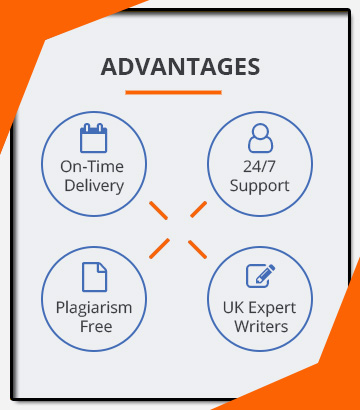This module is designed for students to advance their English language skills up to the level required for their study. The module focuses on improving students’ English language skills in reading, writing, speaking and listening up to Common European Framework of Reference level B2. There is a strong focus on vocabulary development, language accuracy and acquiring effective learning strategies. The module is adaptable to the language abilities of students and can be taught to students studying in different years.
Students will:
• develop their spoken and written English, express opinions and take part in discussions and seminars at B2 level
• read and listen to a variety of subject areas and identify both main points and details
• expand their passive and active vocabulary
• identify and use appropriate register in written texts and speaking.
• develop their knowledge of academic English in relation to their studies
Lexis and phrasing – to enhance the understanding and appropriate use of
idioms and phrasal verbs, metaphor and simile, prefixes, word building, common collocations, and academic English vocabulary in various lexical fields. LO4
Language structure – the following will be analysed and used in a variety of contexts: LO1
• verb patterns,
• continuous aspect,
• future forms.
Reading and writing – students will study a number of texts from different sources and: LO1, LO3
• identify and critically analyse finer points of detail including attitudes and implied as well as stated opinions,
• write clear, well-structured texts of complex subjects at the appropriate level of proficiency (B2),
• support points of view at some length with subsidiary points, reasons and relevant examples from outside sources,
• write in a number of different styles, such as reports, letters, reviews and essays.
Listening – students will be introduced to a variety of authentic sources at the appropriate level and: LO2
• achieve comprehension, including listening for main points,
• check comprehension by using contextual clues,
• infer attitude, mood and intentions and anticipate what will come next.
Speaking – students will: LO2
• identify and improve areas of weak pronunciation,
• practise interacting appropriately in a variety of formal and informal situations,
• present information, including expanding and supporting points of view at a B2 level.
On successful completion of the module, students will:
1: Demonstrate an understanding of the methods and conventions of summary and paraphrase.
2: Demonstrate competency in spoken English proficiency at a CEFR B2 level.
3: Read widely and research a given topic using electronic and paper based resources.
4: Use strategies for the acquisition of vocabulary and textual awareness in various contexts: e.g. literature , journalism, medicine and environment.
As the learning outcomes for this modules are based on the development of language skills, the assessment instruments were chosen because of their practical characteristics.
The individual presentation offers a clear opportunity to assess the achievement of a B2 level (CEFR) of oral communication. It also requires the student to familiarise themselves with relevant literature and evaluate their usefulness for the task. More importantly, this task allows the student adopt an independent role in their choice of topic as they can research an area of their own interest.
Similarly, the written assignment is a useful tool in the assessment of writing conventions and use of academic English at a B2 level. As with the oral presentation, students are free to research a relevant topic of their choice, which will enable them to familiarise themselves with specialised vocabulary and different types of academic sources (e.g., journal articles, monographs, conference proceedings, and more).

